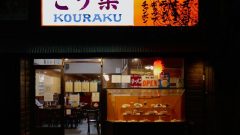Brothers Launch Gaza Soup Kitchen, Aiding Hundreds of Families During Ramadan
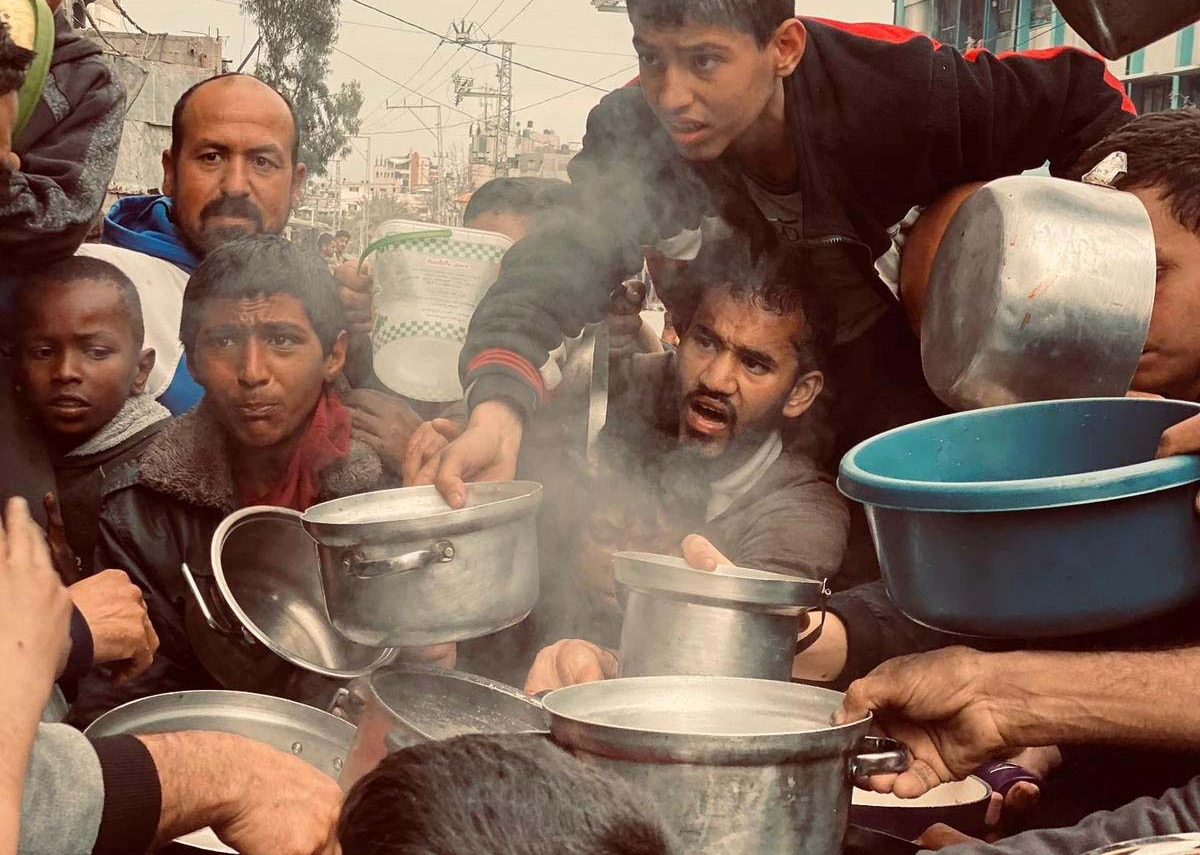
October 7, 2023 is now marked as the day in history that began, what is considered by many to be, the genocide of the Palestinian people at the hands of the Israeli military. According to the United Nations, there have been over 30,000 Palestinians killed since the attack began. Though the majority of the world’s governments have come forward to condemn the violence and call for a ceasefire, the killing continues.
Social media has been pivotal in raising awareness around the reality of the situation there. Countless have used their personal platforms to voice their opinion, helping the world to better empathize with the Palestinian people. As a result, support for Palestine has grown in droves.
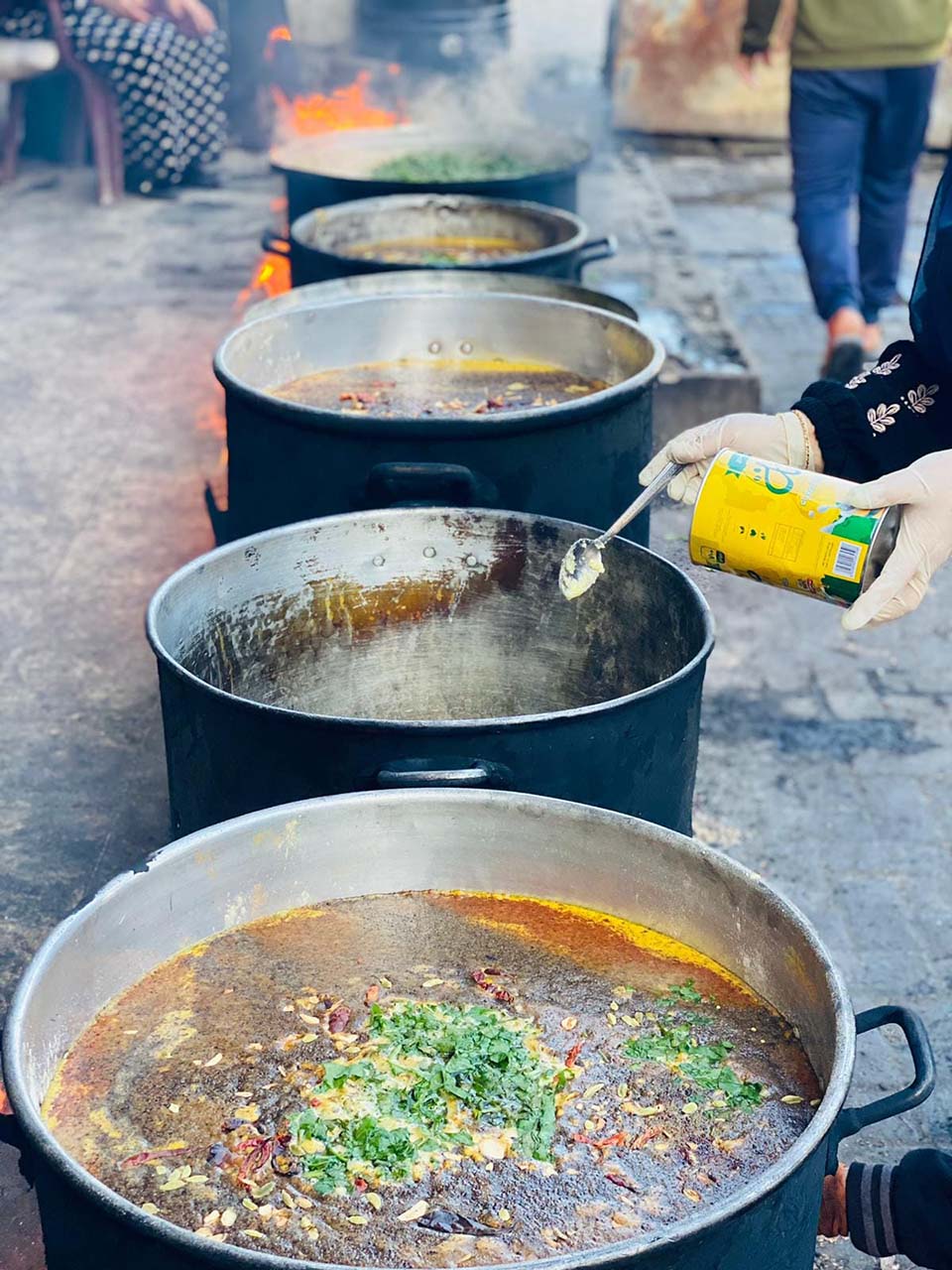
Mahmoud Almadhoun is a man that has overcome impossible odds, yet still embodies the Palestinian spirit of love and care. In December of 2023, he was abducted, detained, and abused by Israeli soldiers, unable to see his family for weeks. Following his release, he opened a soup kitchen in late January of 2024 with the help of five friends. The idea came after the Israeli Military began blocking food from entering Gaza, which subsequently pushed 2 million Palestinians to starvation.
Almadhoun and his friends purchased four large pots, found wood, and put their lives at risk in order to search for potatoes throughout the area. The first meal that they prepared fed 120 starving families. As word spread, it attracted others to join in to help, and now they are able to feed 3,000 Palestinians each day.
He also has a brother in America named Hani, who has been sharing photos and updates about the soup kitchen on Facebook since its launch. Despite the brothers losing dozens of family members from Israeli military attacks — including an airstrike that killed their brother, sister-in-law, and three of their nephews in November — their work to feed the hungry goes on.
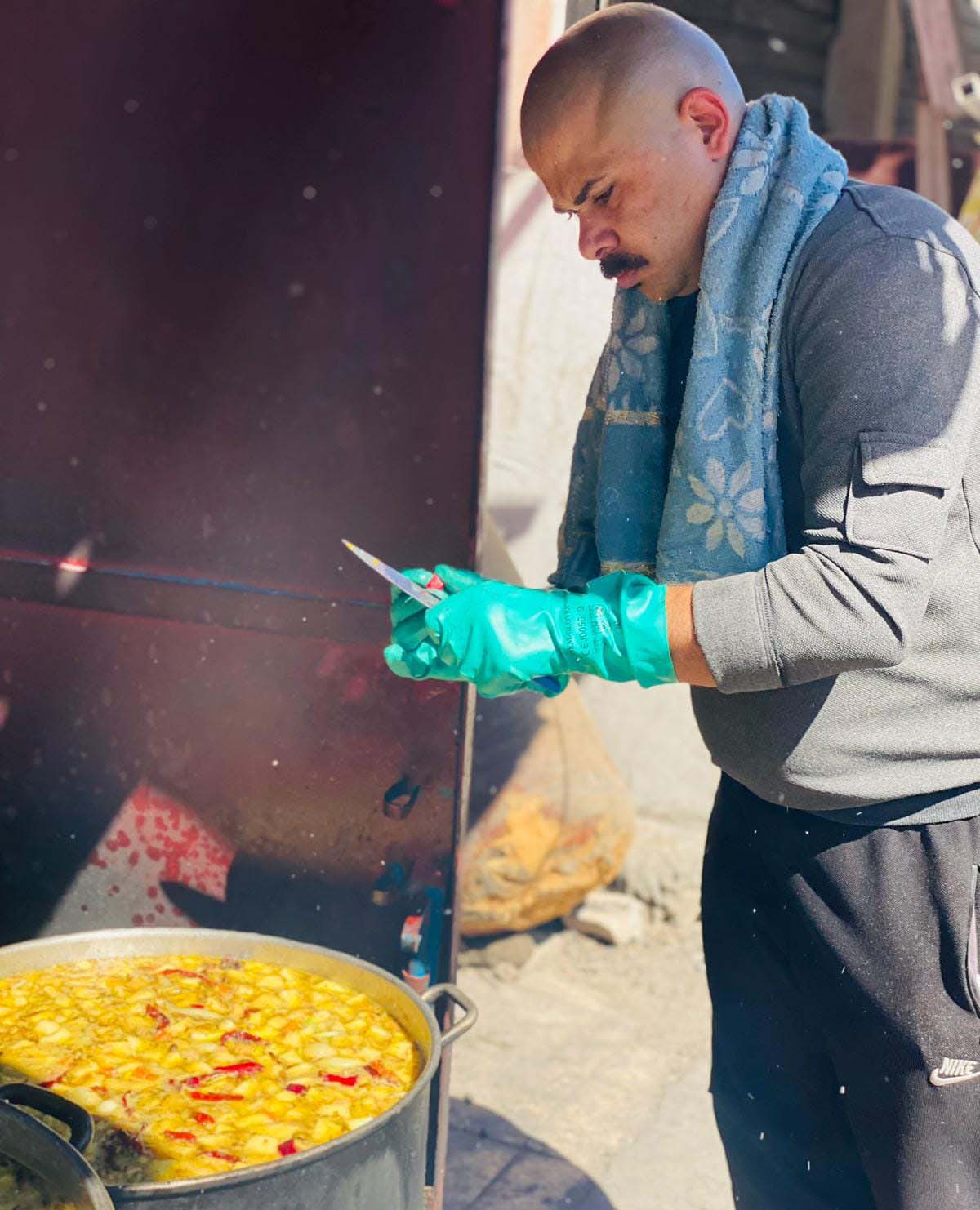
“This situation is incredibly challenging, especially in the areas facing man-made famine where access to food is severely restricted. Getting food supplies into these areas is a significant obstacle, often requiring unconventional methods such as ambulances, airdrops, or reliance on local farms,” Hani Almadhoun shares.
Hani has also spoken about their cause on CNN and MSNBC and serves as the director of philanthropy at UNRWA USA (also known as United Nations Relief and Works Agency), though the organization is not directly involved in the soup kitchen. This agency is mandated to provide humanitarian assistance and protection to Palestinian refugees. The soup kitchen has quickly grown to become a community project, even Mahmoud’s mother and sister wake up early to help peel potatoes. Now as Palestinians observe Ramadan, it’s become even more important to the community.
Located in the northern part of the Gaza Strip, in a town called Bait Lahia on the edge of the souk, the soup kitchen is free for all and operates between 4pm and 6pm during Ramadan. It takes three hours to prepare before service, which primarily consists of vegetable-based soups due the scarcity of local ingredients.
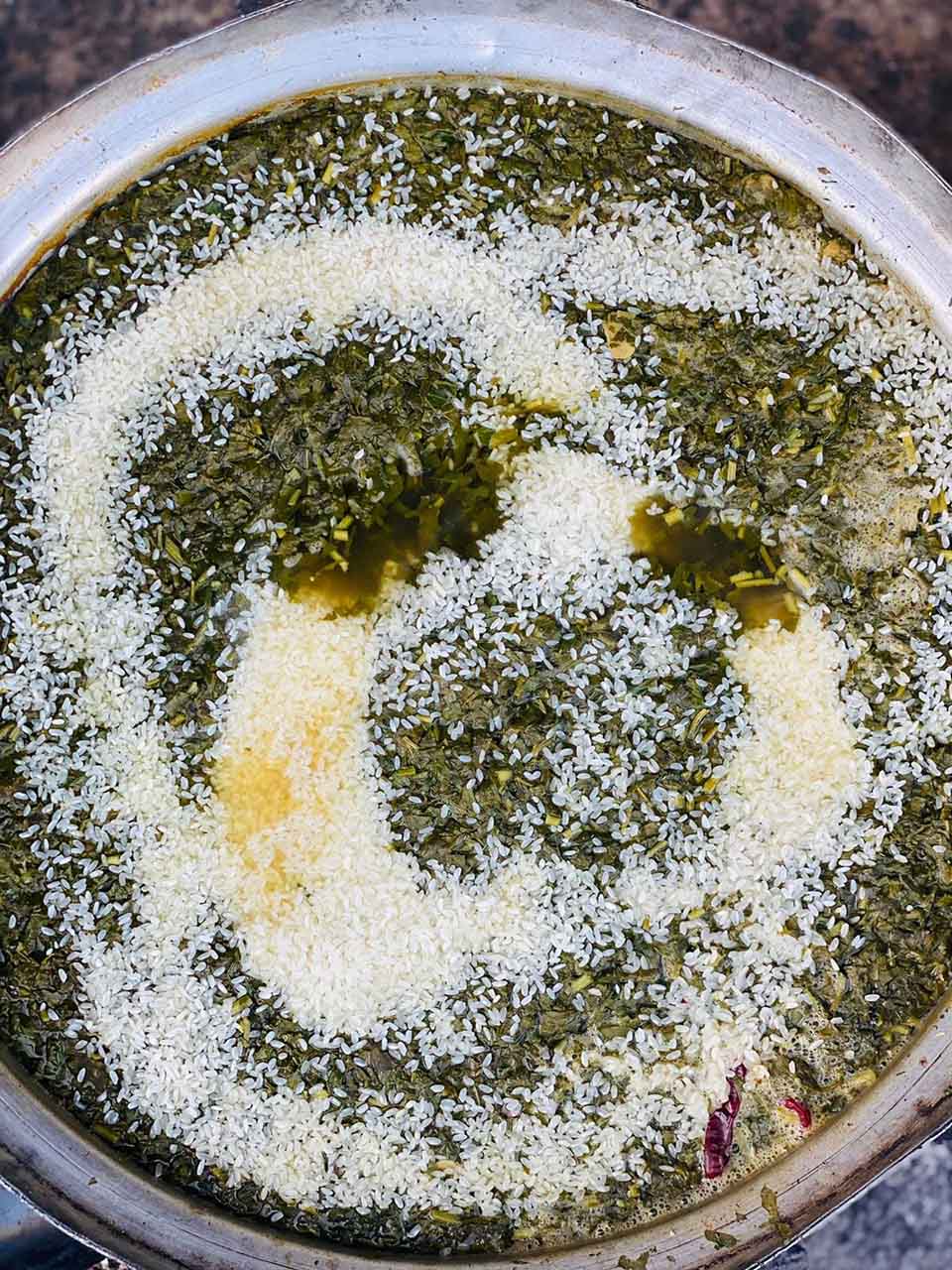
“Additionally, the lack of chicken in the north has led to a significant increase in the prices of other meats like lamb and beef, making them less accessible to many,” Hani continues.
The soup kitchen’s menu usually revolves around these main vegetables: Potatoes, carrots, zucchinis, and eggplant — foraged leafy greens like mallow and wild chard are included as well. Staples like rice and flour must be imported from outside sources. It has significantly impacted observing Ramadan, too, as traditionally people will break fast with two main dishes, a few appetizers, a sugary drink, and a sweet treat. Those items aren’t readily available in Gaza today, so people must break fast with only bread and rice.
“Despite these challenges, our soup kitchen continues to serve approximately 450 families per day. Additionally, we have expanded our efforts to provide food for the local hospital, particularly for malnourished children, who are often sent there for treatment. To our surprise, even the medical staff at the Kamal Adwan Hospital were experiencing food shortages,” Hani says.
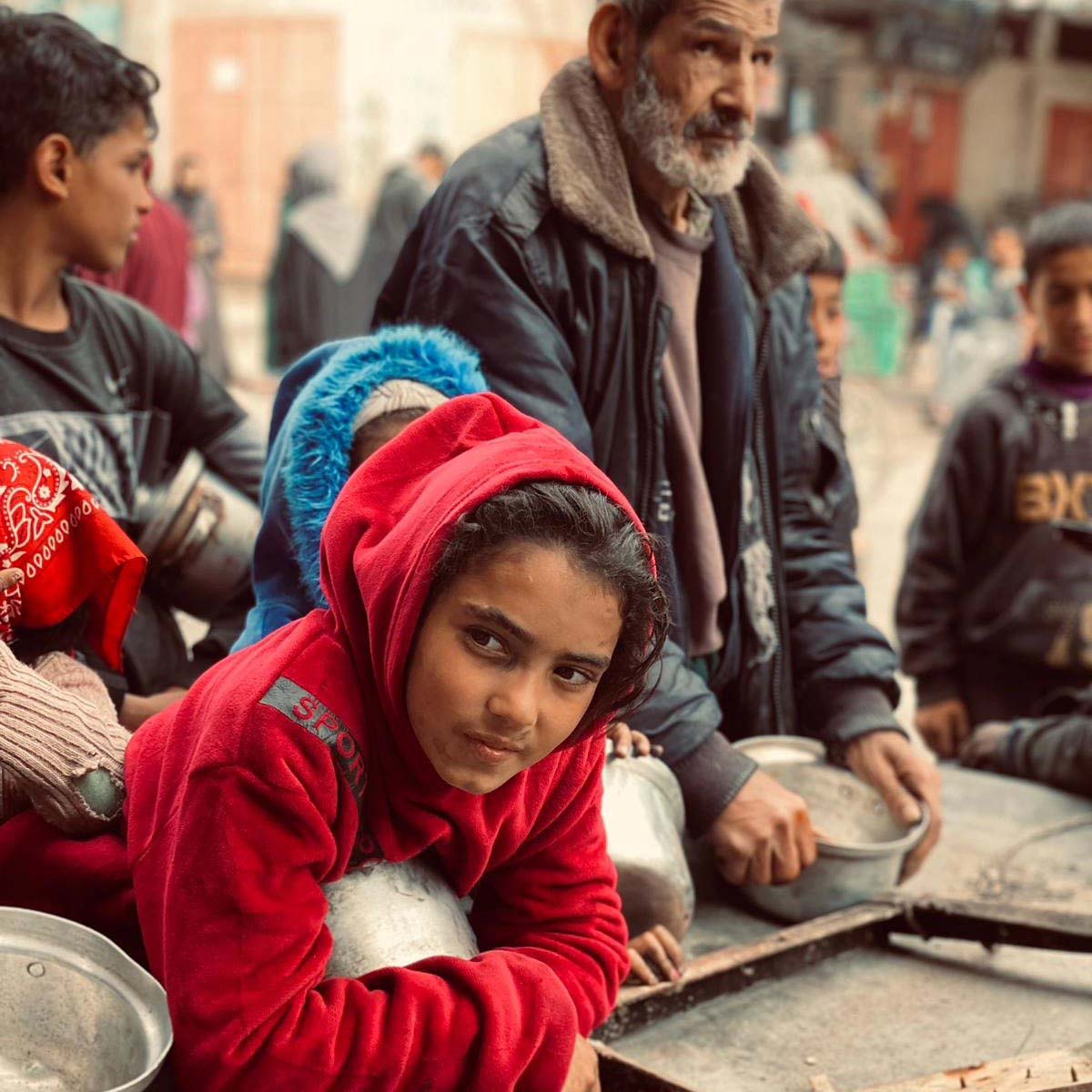
They now schedule food shipments to the hospital three times a week, while making sure to maintain the needs of the soup kitchen. Thankfully, the soup kitchen has sustained without interference from the Israeli military. Though the threat continues to loom, Palestinians continue to serve with “resilience and dedication.”
To further assist their efforts, Hani created a GoFundMe page. So far they’ve raised $377,591, with a goal of $450,000.
“Our commitment to life and our unwavering dedication to serving our friends and neighbors remain steadfast. The support and generosity we’ve received on our GoFundMe page reflect the lack of meaningful intervention from government entities, organizations, or those responsible for creating this crisis,” Hani shared.

















